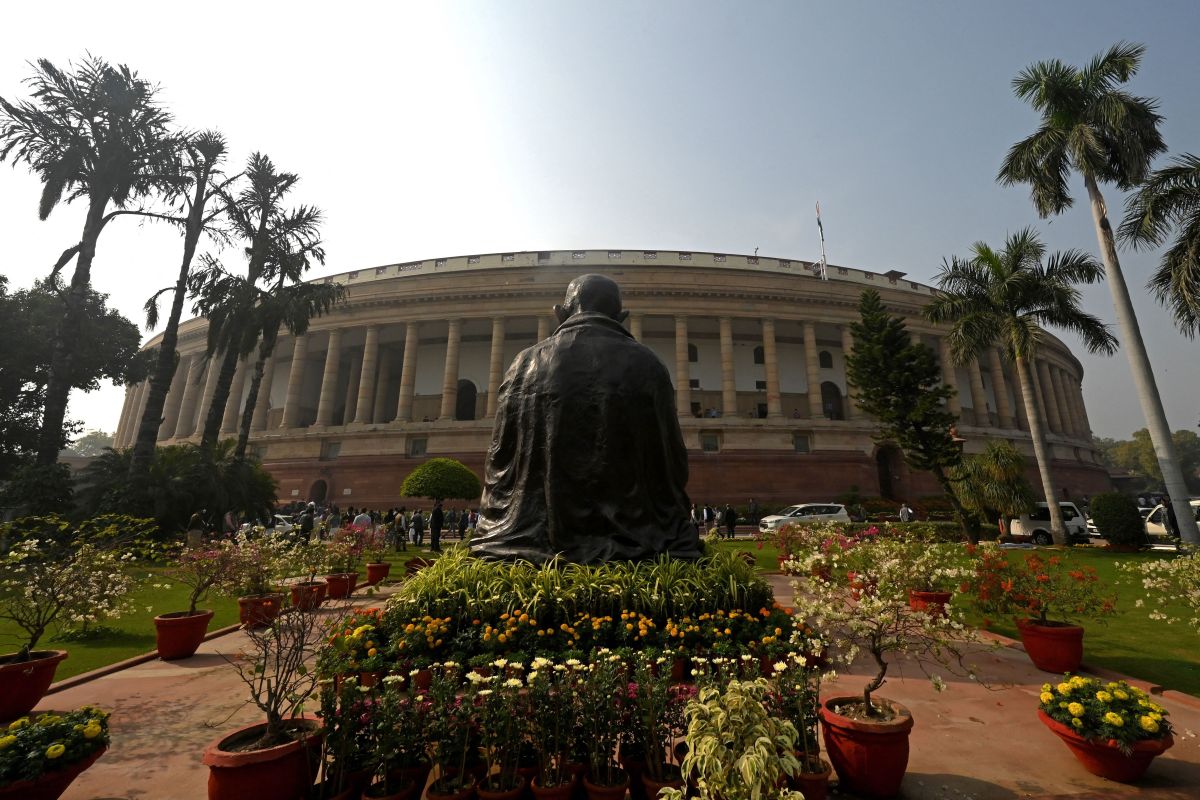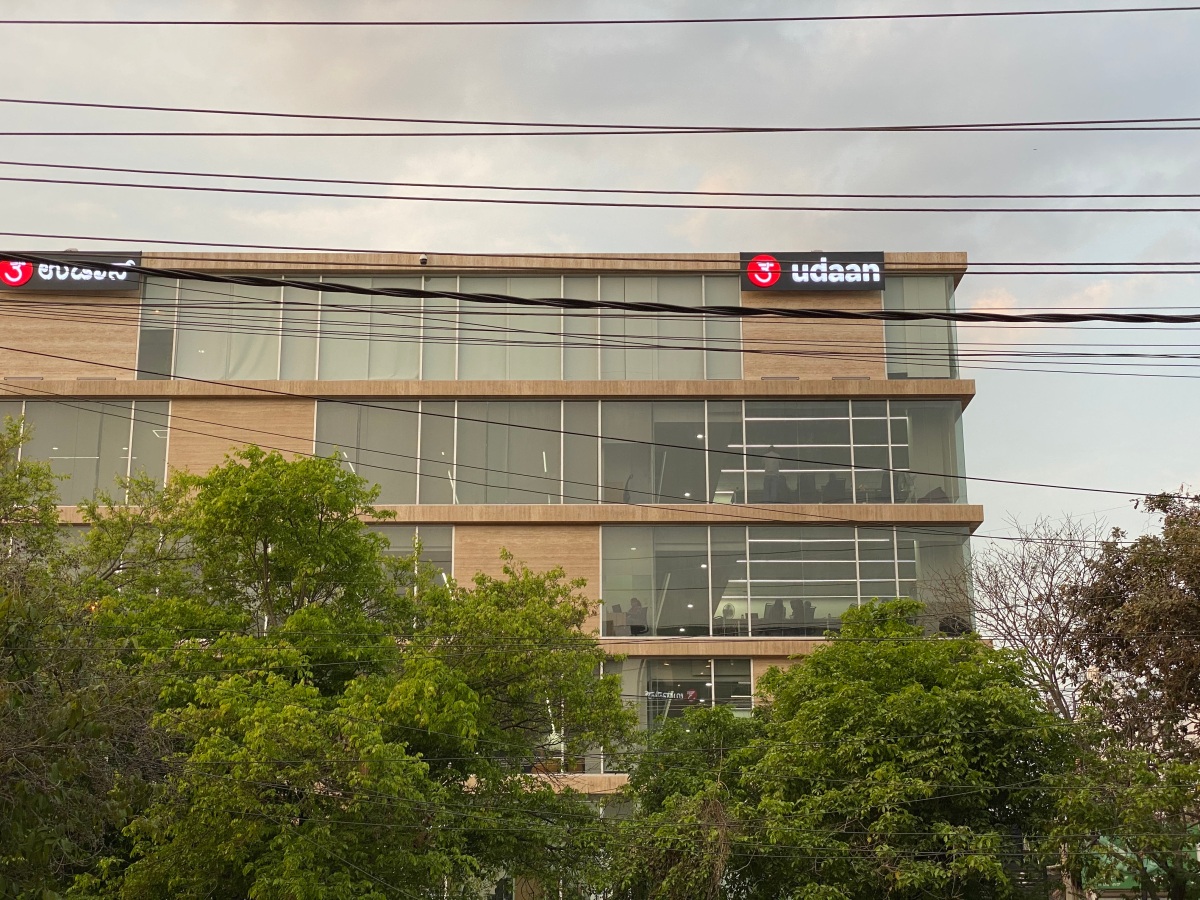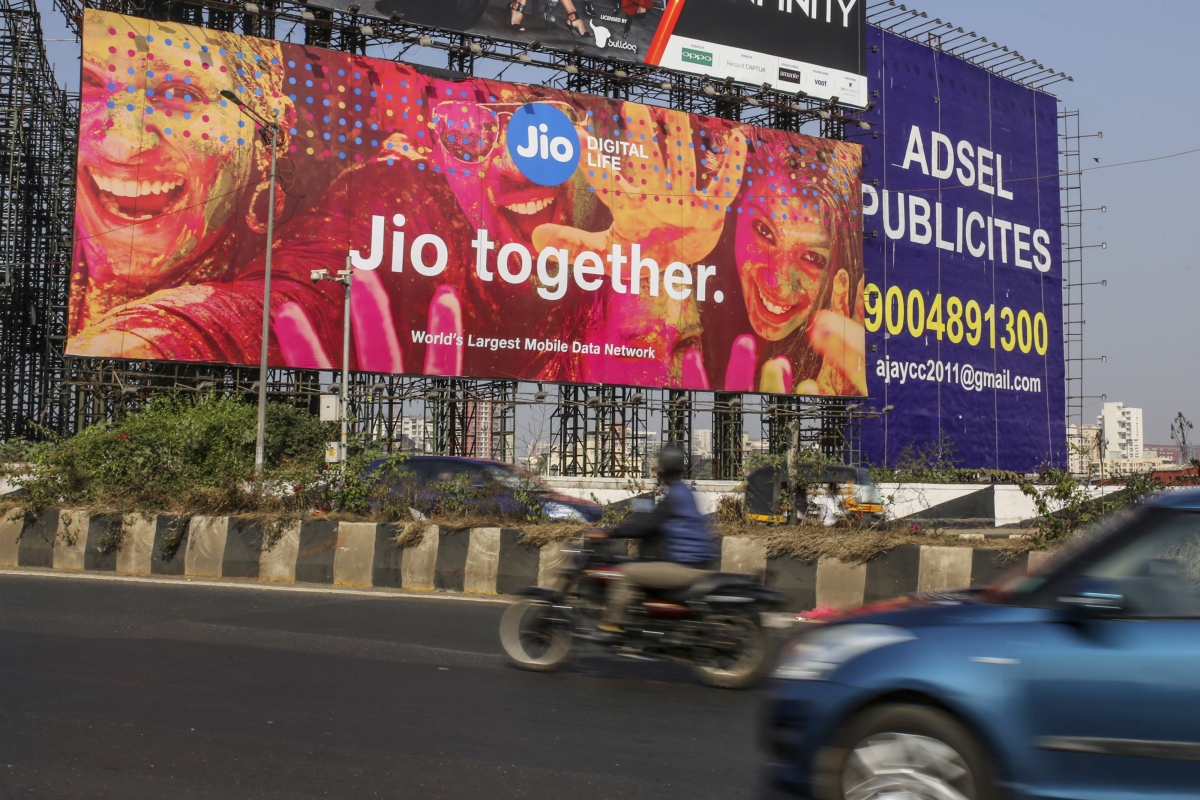Google pauses enforcement of Play Store billing requirement in India following antitrust order • ZebethMedia
Google is indefinitely pausing the enforcement of its policy requiring developers to use Play Store’s billing system for user transactions in India following an order by the country’s antitrust body. The Android maker on Tuesday updated a support page to disclose the move and said that the requirement to use Google Play’s billing system still applies for in-app purchases outside of India. Last week, the Competition Commission of India (CCI) ordered Google not to restrict app developers from using third-party payment processing services for in-app purchases and purchasing apps through the Play Store. The antitrust watchdog also fined the company $113 million for abusing the dominant position of its Play Store in the country. “Following the CCI’s recent ruling, we are pausing enforcement of the requirement for developers to use Google Play’s billing system for the purchase of digital goods and services for transactions by users in India,” the company said, adding that it is reviewing its legal options in the country, suggesting it may challenge the competition regulator’s decision. Google had previously extended the deadline for following its Play Store billing requirement in the South Asian market until October 31. The regulator announced its decision after interviewing a number of industry players and smartphone makers, including Samsung, Xiaomi and Microsoft. It had also slapped another $162 million fine on Google for anti-competitive practices related to Android.









